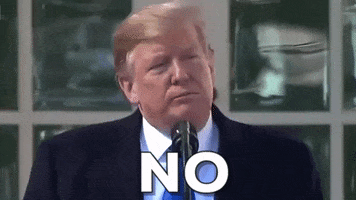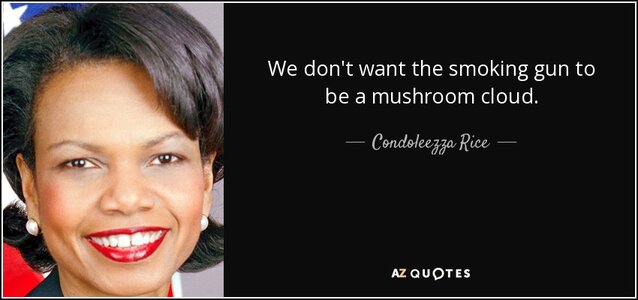“… There is some relevant history here. In the early 1990s, Bill Clinton’s administration considered attacking North Korea’s nuclear programme when it was vulnerable and still in its early stages. Ultimately, the US held off, fearing that such an attack could trigger a second Korean war, one that would result in tens, if not hundreds, of thousands of South Korean and American casualties. It was an understandable decision, but came with a significant long-term cost. Today, North Korea has dozens of nuclear weapons along with the intercontinental ballistic missiles to deliver them as far as the US mainland.
The downside of a US attack on Iran is not comparable, in that Iran cannot do much more against Israel than it is already doing. But Iran could attack the 40,000 US forces stationed throughout the region. Tehran could also widen the war, choosing to threaten its recently improved relations with the Gulf states and attack its Arab neighbours, in the process driving up world energy prices.
An American strike on Fordow would also weaken the international norm against preventive military attacks, something Russia, China and North Korea might then choose to emulate. It would reduce America’s ability to respond effectively to military challenges elsewhere. It would more closely align the US with a deeply unpopular Israeli prime minister whose policies in Gaza and the occupied West Bank have outraged much of the world.
And it is far from certain that a US attack will succeed if success is defined as destroying all that remains of Iran’s nuclear programme.
But allowing Fordow to survive makes it highly likely that Iran will manage sooner rather than later to produce nuclear weapons, something it is likely to see as essential in the wake of its failure to deter Israel in the current crisis….”




